The Universidad del Norte served as the epicenter of a significant academic gathering during the 27th edition of the Cátedra Europa. The event, titled “European Cooperation for Peace in Colombia,” brought together prominent figures such as Adolfo Meisel, Rector of Uninorte, Francesco Svelto, Rector of the University of Pavia, Luca de Paoli, Emanuele Castelli, and renowned Colombian academics, including Luis Trejos and Jairo Agudelo.
Participants agreed on the urgent need to strengthen international collaboration to build a lasting peace in Colombia. Crucial topics such as poverty, unemployment, and the challenges of implementing peace agreements were addressed. The importance of redirecting resources towards social development and fostering the training of professionals in international relations to strengthen diplomacy and conflict resolution was emphasized.
During the event, concrete initiatives to advance peace were explored, such as university cooperation between Colombia and Italy, sustainability projects, and the promotion of biodiversity. However, the challenges that still persist were also acknowledged, including the lack of political will, the influence of armed actors, and the complexity of peace dialogues.
ValEUs Lecture Series

